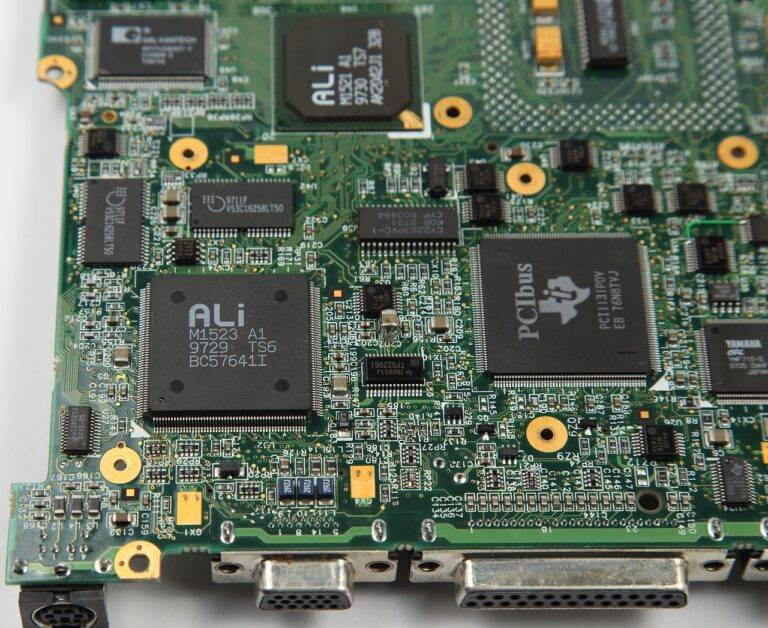The Role of Tech in Sustainable Transportation
Sustainable transportation faces numerous obstacles in its journey towards widespread adoption. One major challenge is the lack of adequate infrastructure to support eco-friendly modes of transportation like cycling lanes, electric vehicle charging stations, and efficient public transportation systems. Without the necessary infrastructure in place, individuals may be less likely to choose sustainable transportation options, hindering progress towards a more environmentally friendly future.
Additionally, the high upfront costs associated with purchasing electric vehicles and other eco-friendly modes of transportation can be a significant barrier for many consumers. Despite the long-term savings on fuel and maintenance costs, the initial investment required to switch to sustainable transportation can be prohibitive for individuals with limited financial resources. Finding ways to make these options more affordable and accessible to a wider population is crucial in overcoming this challenge.
Advancements in Electric Vehicles
Electric vehicles (EVs) have witnessed significant advancements in recent years. Manufacturers are continuously pushing boundaries to improve the performance, range, and affordability of electric cars. The development of more efficient batteries, such as lithium-ion batteries, has played a crucial role in enhancing the driving range of EVs while lowering their charging time.
Moreover, the expansion of charging infrastructure has made it more convenient for EV owners to recharge their vehicles. With the introduction of fast-charging stations, drivers can power up their cars quickly and get back on the road with minimal delay. These advancements in electric vehicles are not only beneficial for the environment but also offer a promising solution to reducing greenhouse gas emissions in the transportation sector.
Impact of Autonomous Vehicles
Autonomous vehicles, also known as self-driving cars, have the potential to revolutionize the way we commute and transport goods. With the promise of increased safety, efficiency, and reduced traffic congestion, this emerging technology is reshaping the future of transportation. However, the widespread adoption of autonomous vehicles is not without its challenges.
One of the main concerns surrounding autonomous vehicles is the issue of cybersecurity. As these vehicles rely heavily on interconnected systems and communication networks, they become vulnerable to potential cyber attacks. Ensuring the security and privacy of data transmitted within and to these vehicles is crucial to prevent any malicious disruptions that could compromise the safety and reliability of autonomous driving technology.
• Autonomous vehicles have the potential to revolutionize transportation
• Increased safety, efficiency, and reduced traffic congestion are some of the benefits
• Cybersecurity is a major concern with autonomous vehicles
• Interconnected systems make them vulnerable to cyber attacks
• Ensuring data security and privacy is crucial for the reliability of autonomous driving technology
What are some challenges in sustainable transportation?
Some challenges in sustainable transportation include reducing greenhouse gas emissions, improving air quality, and reducing traffic congestion.
How have electric vehicles advanced in recent years?
Electric vehicles have advanced in recent years with improvements in battery technology, increased driving ranges, and the development of more affordable models.
What impact do autonomous vehicles have on transportation?
Autonomous vehicles have the potential to improve road safety, reduce traffic accidents, and increase efficiency in transportation systems.
Will autonomous vehicles completely replace traditional vehicles?
It is unlikely that autonomous vehicles will completely replace traditional vehicles, as there will always be a need for a variety of transportation options to meet different needs and preferences.
What are some concerns regarding the widespread adoption of autonomous vehicles?
Some concerns regarding the widespread adoption of autonomous vehicles include cybersecurity risks, job displacement in the transportation industry, and ethical dilemmas related to decision-making algorithms.





